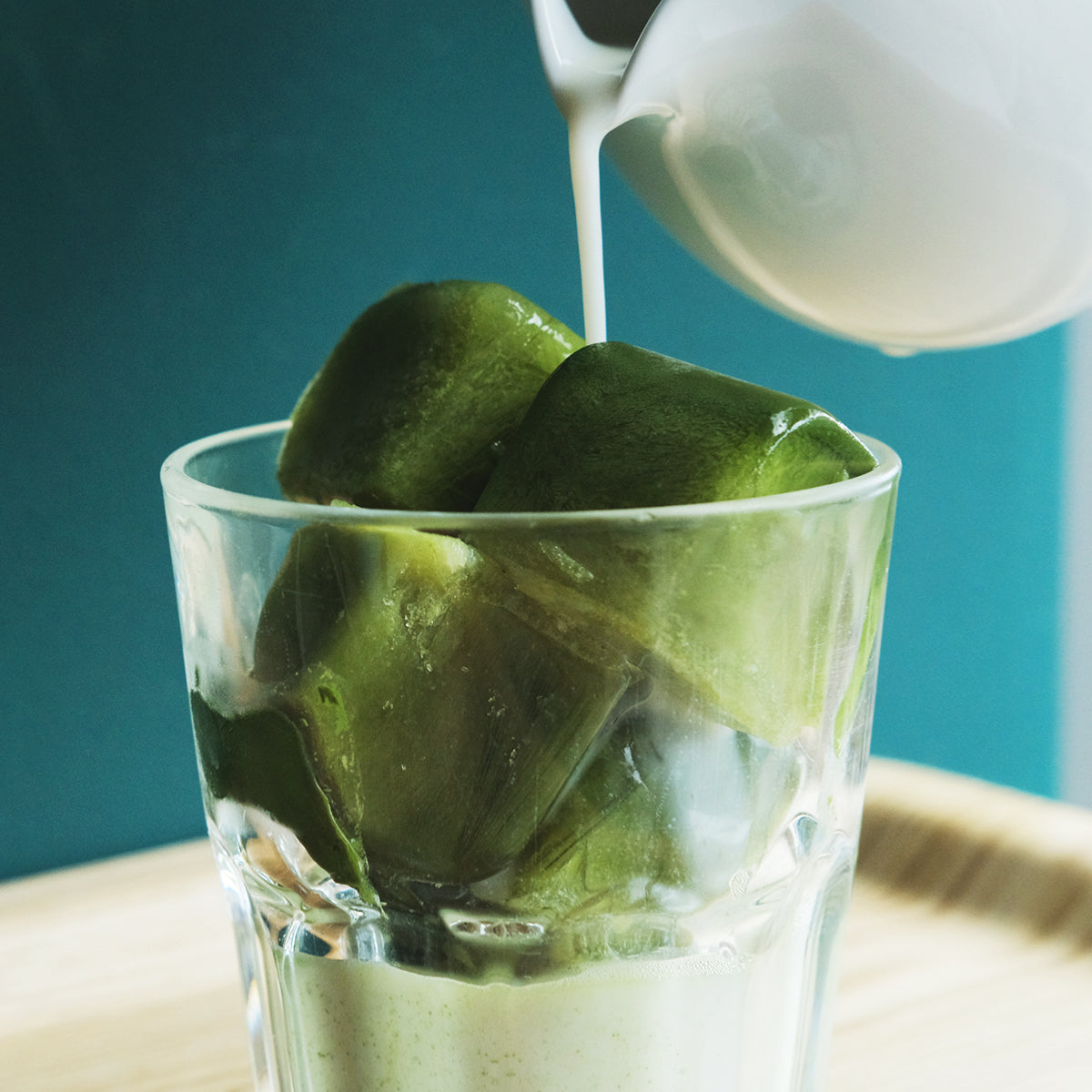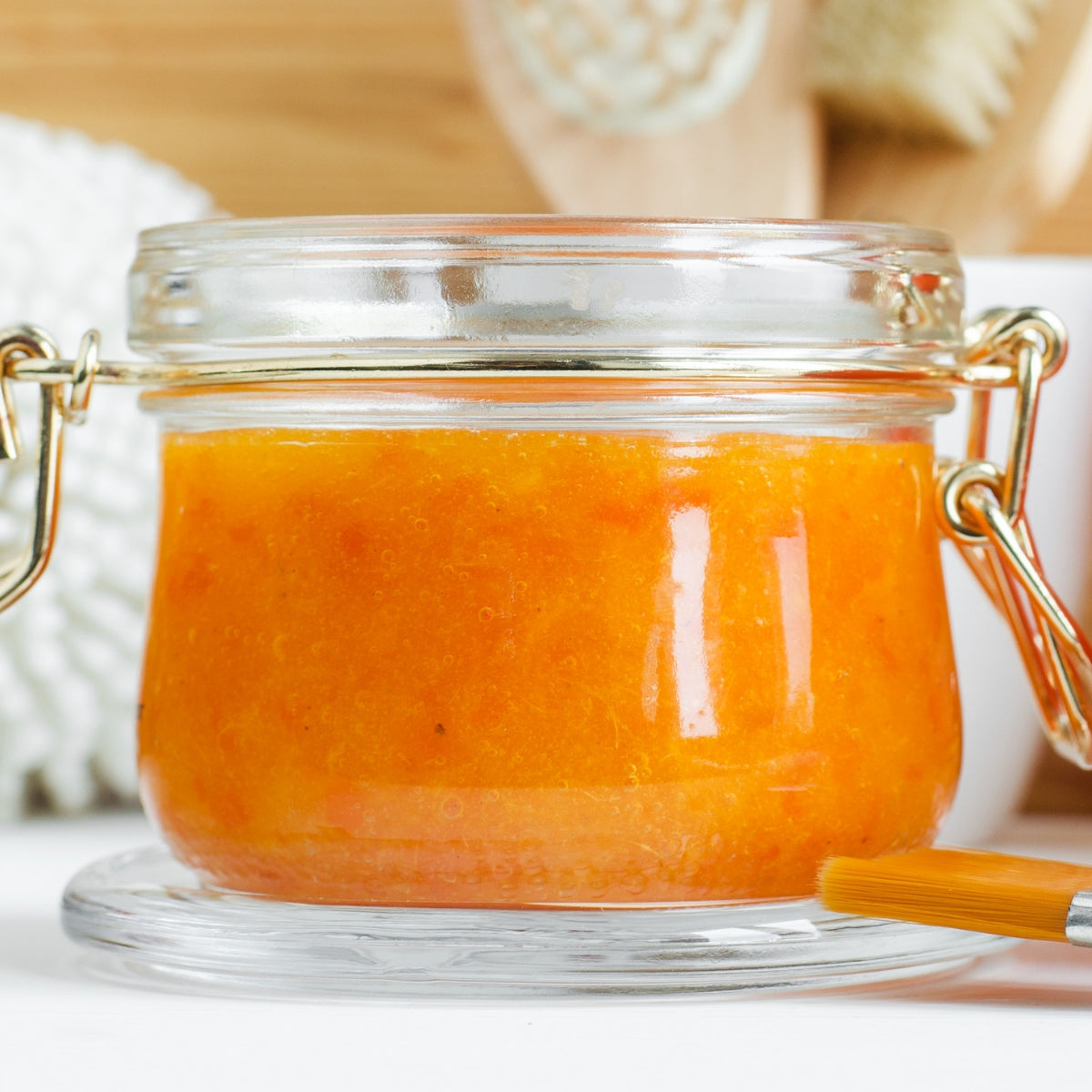How many of us come home after work, eat dinner (while watching Netflix) and then go straight to bed? It turns out that eating before bedtime may be causing health issues you never though could be connected to this bad habit. Read our post to discover:
- Why eating late can actually makes you gain weight
- How to avoid heartburn and indigestion
- Our top tips to help avoid eating late… and to make you feel amazing the next day

Your stomach normally takes a few hours to empty the food into your small intestine. So what are the consequences of going to bed while it’s still full?
WEIGHT GAIN
You might have heard this one before, but never knew whether it’s really true or not.
Dr. Louis J. Aronne, director of a weight control program at the New York Presbyterian Hospital, shares her clinical experience that people who eat late at night are likely to gain weight.
She believes this happens because they are much more likely to overeat - often the equivalent of an extra “fourth” meal of the day.
Dr. Aronne gives another logical explanation why eating late leads to weight gain: "If you ate 500 calories during the day but walked around afterward, your muscles would be competing with your fat cells for the calories and could burn them up as energy for physical activity… But if you consume it at bedtime, with no physical activity, the body has no choice but to store the calories away as fat."
However what we eat at night is also responsible for whether we gain weight or not! Do you remember how indulging in a big bowl of pasta or finishing that tub of ice cream after dinner makes you feel so good? If we’re stressed out during the day we overproduce stress hormones cortisol and adrenaline. These stress hormones signal to the body to release sugars into the blood stream and makes us crave foods that give us this quick energy – meaning refined carbohydrates and sweets. Sugar and refined carbohydrates in turn lead to weight gain and are stored as fat in the body.
>> READ ON to discover what you should do right after eating dinner
HEARTBURN AND INDIGESTION
Heartburn and indigestion are the symptoms of acid reflux, affecting millions of people today. Acid reflux occurs when the acid spills out of your stomach and back up your oesophagus (the tube connecting your mouth to your stomach). So called heart "burn" is this acid burning the lining of your oesophagus. Acid reflux has also been linked to oesophageal cancer.
How does eating before bedtime cause this problem?
According to acid reflux expert and physician Dr. Jamie Koufman: “Reflux is the result of acid spilling out of the stomach, and lying down with a full stomach makes reflux much more likely”. This is then further worsened by overeating at dinnertime, as well as eating unhealthy processed foods.
Dr. Koufman also notes that the single most powerful solution for acid reflux observed in her patients is changing the habit of eating late. Removing this bad habit has also helped her patients alleviate many other symptoms such as sleep apnea, diabetes, asthma, allergies and sinusitis.
A recent study in the Journal Of Alimentary Pharmacology and Therapeutics also found that regular use of anti-reflux drugs (proton pump inhibitors) does not have cancer-protective effects and may have “significantly increased risk of adenocarcinoma or high-grade dysplasia.” This makes not eating late a much safer option to try out!
Dr. Koufman recommends not eating past 8 p.m. or at least 3 hours before bedtime.
To avoid heartburn and acid reflux try eating dinner before 8pm or at least 3 hours before bedtime
And…if you’re ready to turn on Netflix right after your meal – wait a moment!
It’s important to stay upright after eating as this will help your stomach empty quicker, improving your digestion.
Try going for a walk around the block after dinner or simply stand for 15-20 minutes while washing dishes or watching your favorite series.
>> READ ON to get our top tips to avoid eating late and sticking with it.
DAMAGE TO OUR CELLS & PREMATURE AGING
There is another very good reason to avoid eating late… it makes us look older - quicker!
When generating energy from the food we eat and the air we breathe, our body also creates byproducts called free radicals or reactive oxygen species (ROS). These compounds are damaging to our cells and our DNA, causing aging.
The body is smart though - it has its own in-built mechanism of dealing with too many free radicals – producing its own antioxidants that neutralize them and help repair the damage. However when there are too many free radicals produced for your body to deal with – this may lead to degenerative diseases in the body, such as cancer (remember that we are also exposed to increased free radicals due to breathing pollution, smoking, drinking alcohol and eating processed foods).
This process of ageing and damage can be slowed down by increasing antioxidant intake and decreasing free radical production. One of the highest known food-sources of antioxidants is Organic Burst Acai Berry.
Health expert Dr. Joseph Mercola in his interview with biomedical scientist Rhonda Patrick, PhD explains that the best strategies for reducing free radical production is restricting calorie intake in particular within several hours before going to sleep.
He notes: “since your body uses the least amount of calories when sleeping, you'll want to avoid eating close to bedtime because adding excess fuel at this time will generate excessive free radicals that will damage your tissues, accelerate aging, and contribute to chronic disease.”
OUR TIPS TO SURVIVE NOT EATING LATE
Looks like it’s worth trying to eat earlier? But how is it even possible given that you only get home at 8 p.m. wired, tired and ready to eat whatever you find in the fridge?
We know how it feels so we have some tips to help you out:
- Take dinner with you to work. Pre-make your dinner the night before and take it with you to the office the next day (we use tin or glass containers for solid food or a thermos for soup). Have it around 4pm - the time when our cortisol tends to drop, making us feel suddenly tired and gets us reaching out for a cup of coffee. Instead, have your dinner at this new time (you might then even make it to your evening yoga class!) Make this meal high in healthy fats and protein that will last you through to bedtime.
- Snack healthy to avoid overeating. If you have a healthy snack towards the end of your working day you’re less likely to eat that extra meal at dinnertime. By healthy snacks we don’t mean a processed energy bar full of dried fruit, grains and sugar (remember that most “healthy bars” have nothing do to with health... sadly) – this will send you on an energy rollercoaster (making you much more likely to have an extra large dinner).
- Curb cravings and energize with Organic Burst Spirulina. This micro-algae is bursting with easily available nutrients, such as complete protein, B Vitamins and iron, quickly picking you up and making you feel satiated. Mix 1 teaspoon in a glass of water with ¼ lemon juice or make a delicious Spirulina Latte by blending ½-1 teaspoon in a milk of your choice and notice how it makes you feel.
- Chia to the rescue! If you’re still feeling like eating after an earlier or smaller dinner – have a Chia Pudding or a super easy to make Chia Fresca in the evening. The powerful chia seeds have been shown in clinical studies to better satiate, eliminating cravings and leading to weight loss.
Give these tips a go and see how this change makes you feel the day after.
BONUS BENEFIT
You might also start getting some of your best sleep yet!
REFERENCES
Proton pump inhibitor use may not prevent high-grade dysplasia and oesophageal adenocarcinoma in Barrett's oesophagus: a nationwide study of 9883 patients.
Aliment Pharmacol Ther. 2014 May;39(9):984-91. doi: 10.1111/apt.12693. Epub 2014 Mar 11.
Authors: Hvid-Jensen F1, Pedersen L, Funch-Jensen P, Drewes AM.
Why eating late at night may be particularly bad for you and your diet
The Washington Post
Author: Jennifer Van Allen
The Dangers of Eating Late at Night
The New York Times
Author: AMIE A. KOUFMAN
How Your Mitochondria Influence Your Health
Mercola.com
Author: Dr. Mercola














